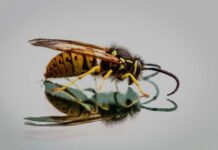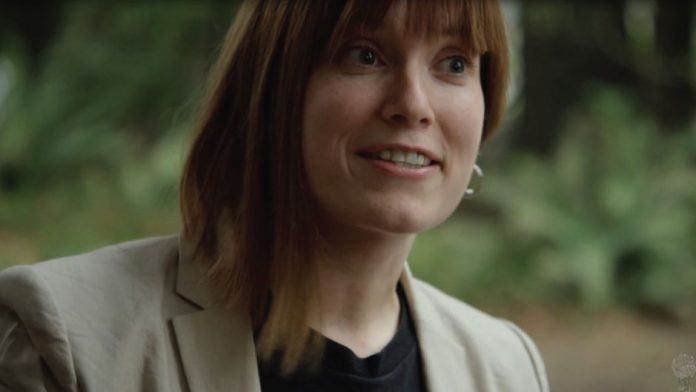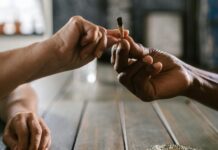Constance Crompton is an Assistant Professor in the Faculty of Creative and Critical Studies at the University of British Columbia and the Director of UBCO’s Humanities Data Lab. We asked her everything from what advice she would give to young researcher to what is on her playlist in hopes of giving you a better understanding of what goes on outside the lab for one of the best minds in Canadian research.
What inspired you to become a researcher?
I was inspired and mentored by the excellent Humanities researchers around me. I have a technical undergraduate degree, which I started not knowing how much English and History had to offer. As I was working through my undergrad I was exposed to the stakes of rigorous historical research and its tremendous explanatory power. It changed my life!
What do you like most about your work?
I enjoy developing research projects and working with teams to complete them. I take real pleasure in working with research assistants, especially on projects where there is room to tailor their roles to match their research interests. Digital Humanities projects often involve archival research, analysis, programming, writing, encoding, and design, so happily there’s room for students to develop their particular interests.
What do you envision in the future of your field?
I think the Digital Humanities will continue the good work of the Humanities: enriching our understanding of the human record through interpretation and analysis. Work of this sort seems increasingly pressing, since it’s hard to make informed environmental, political, or social decisions without understanding how we got here.
How will your research make a difference in people’s lives?
One of the hopes that my research partner Michelle Schwartz and I share (as does the whole Lesbian and Gay Liberation in Canada team) is that the project’s public history website will contribute to intergenerational queer communication.
What advice would you give to young researchers?
I would advise young researchers to work on other scholars’ projects — it’s a great way to learn how to design a research project and to develop important mentorship relationships. I’d also say, get a research partner, even if you are in a field that disapproves of co-authored or collaborative work. It’s really motivating to have a partner who cares as much about the research as you do. You can keep each other going when you face disappointments and setbacks and you can celebrate success together. Work together to develop projects that you love, ones that you would happily work on in the evenings or on weekends, even if they are never funded.
What do you read?
I’m a big P.G. Wodehouse fan. If you’ve ever heard of Jeeves the butler, you’ve likely had a brush with Wodehouse — if Jeeves sounds vaguely familiar, but you can’t place him, you have some deliciously funny comic writing awaiting you.
What natural talent would you like to possess?
I’m not certain that I think there are natural talents, but I do wish I had applied myself to romance languages when I had free lessons in middle and high school. I would love to be a truly fluent speaker of both our official languages.
What’s on your playlist?
The Flashing Lights and Joel Plaskett. I’m a sucker for all that optimistic 90s indie rock.
If you could meet any historical figure, who would it be and why?
I’d like to have dinner with Thomas Henry Huxley, Darwin’s sidekick. I can only imagine that he’d be a loud and domineering dining companion, but he pushed his shy and reluctant friend into the spotlight, and managed to get science taught in universities, which I bet would make him interesting company.
If you could do any profession other than your own what would it be?
I would be an ornithologist.
What do you like to do for fun?
I love bird watching. We are surrounded by such delightful little dinosaurs.
Do you have a favourite motto/words to live by?
Everything is practice for everything else. You’ll be better at it next time, but only if you try to do it now.






































